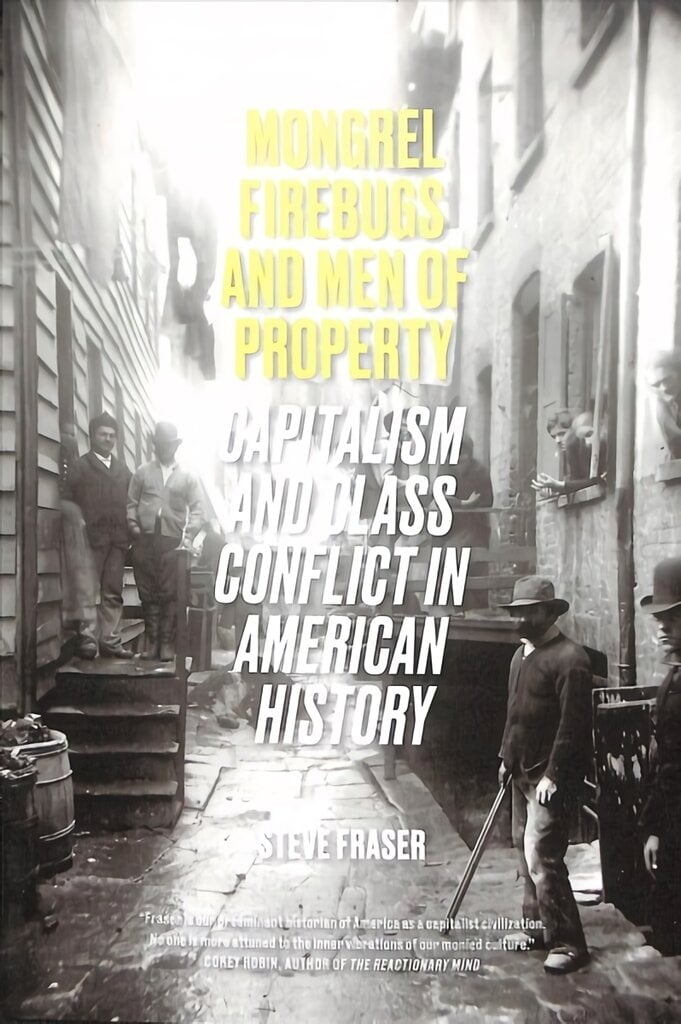The author collects 11 of his previously published essays that address capitalism and class conflict in American history. They explore risk in the context of Wall Street, debt as a mechanism of primitive accumulation, for-profit prison labor, the evolution of unemployment, and class aspects of the Chicago fire, the Johnstown flood, the San Francisco earthquake, and Superstorm Sandy; various ages of capitalism, including the Gilded Age, the Great Depression and the New Deal, and the second Gilded Age; and the new age of populist plutocracy, including the origins of right-wing populism, comparisons between Donald Trump and William Randolph Hearst, and the rebirth of family capitalism and billionaires like the Koch brothers, Sheldon Adelson, Sam Walton, and Bill Gates. Annotation ©2019 Ringgold, Inc., Portland, OR (protoview.com)
A collection of essays on class politics in AmericaIn popular retellings of American history, capitalism generally doesn&;t feature much as part of the founding or development of the nation. Instead, it is alluded to in figurative terms as opportunity, entrepreneurial vigor, material abundance, and the seven-league boots of manifest destiny. In this collection of essays, Steve Fraser, the preeminent historian of American capitalism, sets the record straight, rewriting the arc of the American saga with class conflict center stage and mounting a serious challenge to the consoling fantasy of American exceptionalism. From the colonial era to Trump, Fraser recovers the repressed history of debtors&; prisons and disaster capitalism, of confidence men and the reserve armies of the unemployed. In language that is dynamic and compelling, he demonstrates that class is a fundamental feature of American political life and provides essential intellectual tools for a shrewd reading of American history.
